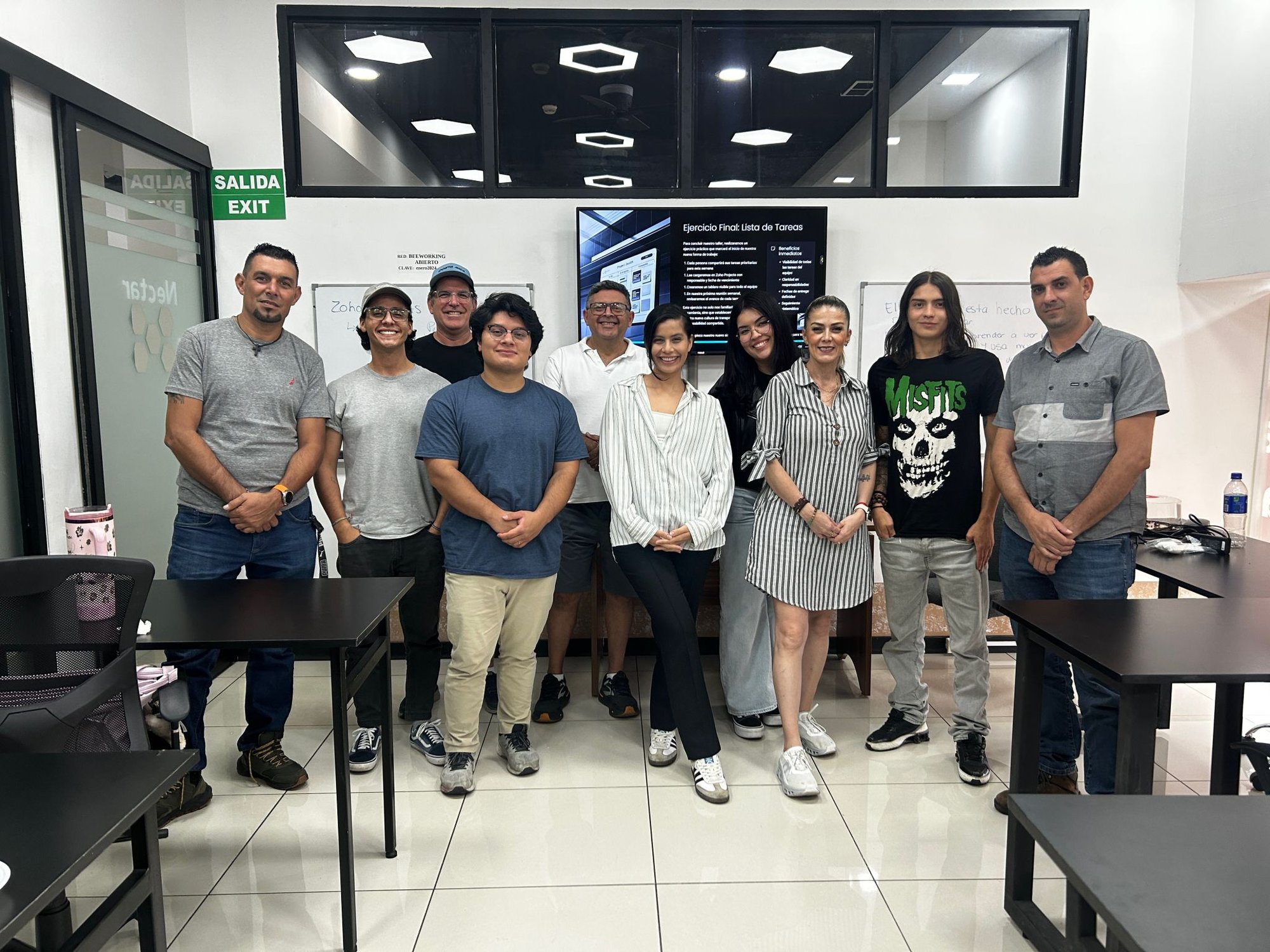ChatGPT-5, news, and AI workflows for small teams
hello hello!
if you've been curious about ai but not sure where to start, you're in the right place.
every other week, i'll share what's new in ai along with practical ways small teams can put it to work.
let's dive in ↓
1. what's new with gpt-5
chatgpt-5 (released august 7, 2025) brings together reasoning and efficiency in one unified system. our smartest, fastest, most useful model yet, with built-in thinking.
the three big upgrades:
multi-step reasoning instead of giving one disconnected answer, it can follow a complete sequence of tasks
longer memory can hold way more information at once, like remembering entire project histories without "forgetting"
better accuracy 45% fewer errors than gpt-4o, and 80% fewer errors when it takes time to "think"
i've been testing it to summarize client calls, create follow-up tasks, and draft proposals in one flow. now i spend my time editing instead of starting from scratch.
2. prompting that actually works
a prompt is the text you type into ai. most people write them like google searches, but ai works better with structure.
use the role-format-context (r-f-c) method:
role who should ai act as
format how should the answer look
context details that matter
example: "act as a project manager. create a weekly workflow in a table for a 9-person solar team. bilingual. installers do not use english. keep it simple."
now that you know how to prompt, here are the main things to watch out for:
ai has two key problems:
hallucinations are when ai makes up information but sounds confident about it. happens in about 1 in 4 responses
sycophancy is when ai tells you what you want to hear instead of the truth. research shows ai often agrees with users even when they're wrong
prevention tips:
ask for sources: "based on verified sources, explain..."
use "according to..." to ground answers in real information
ask ai to double-check its own work
always fact-check important decisions
important: never use ai for medical or mental health advice.
3. the ai-first mindset
ai creates the first draft, you make it perfect:
email ai writes structure, you add personality
report ai summarizes data, you add insights
workflow ai suggests steps, you adjust for reality
here's how that ai-first approach works in practice...
4. building your first automation
let's use lead management as an example since most businesses deal with this:
without automation: lead fills form → copy info manually → draft reply → add to crm (20+ minutes of busy work)
with automation (using make.com, zapier, or microsoft power automate):
trigger new form submission
ai step gpt-5 creates personalized email + crm note
actions email appears ready for approval, lead auto-populates crm
result 2-minute approval instead of 20-minute manual process
basic automation plans start around $10/month and typically save hours weekly.
5. taking it further with ai agents
once you're comfortable with automation, agents are the next step. an agent works toward a goal instead of just answering one question.
example: "find 10 leads in canada, research their setup, add to crm, draft emails."
newer tools make this possible for small teams without coding.
6. based on what we've covered, here are the tools worth your time
for everyone
gpt-5 built-in reasoning, better accuracy.
claude sonnet 4 thoughtful analysis & better writer.
perplexity research with sources.
notebook lm turns your documents into audio summaries, study guides, and more.
fathom ai virtual meeting notes and summaries. free.
guidde record videos and get ai-generated step-by-step guides.
for teams
make.com visual automation builder (starts at $9/month).
clickup ai / notion ai project management with ai.
for vibe coders
what to try this week:
pick one repetitive task you do regularly (like responding to similar emails or organizing data). ask yourself: "could ai draft this first?" start there and see what happens.
remember: ai works best when you stay involved. use it to handle the boring stuff so you can focus on what matters.
start small. take it easy. build step by step.
until next time
if this helped, forward it to someone curious about ai.
nina
field note: delivering pixie dust stage 1 with the eco integrated solutions team.

p.s. ready to implement ai in your business? explore pixie dust — ai operations for small teams.